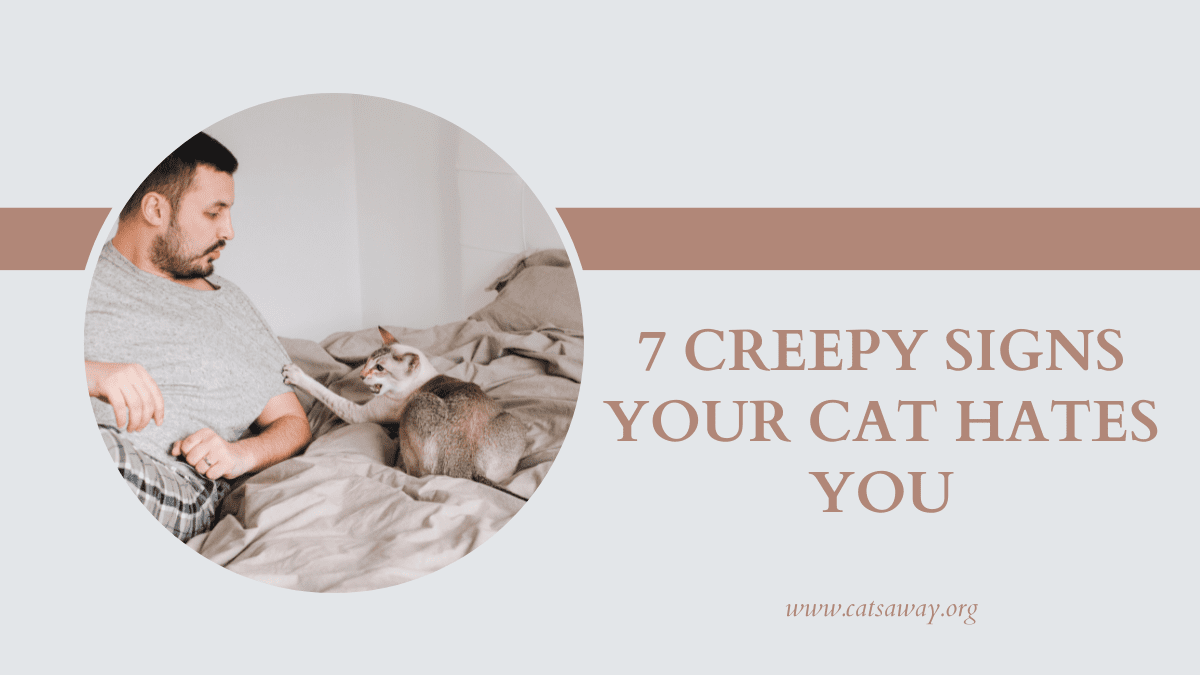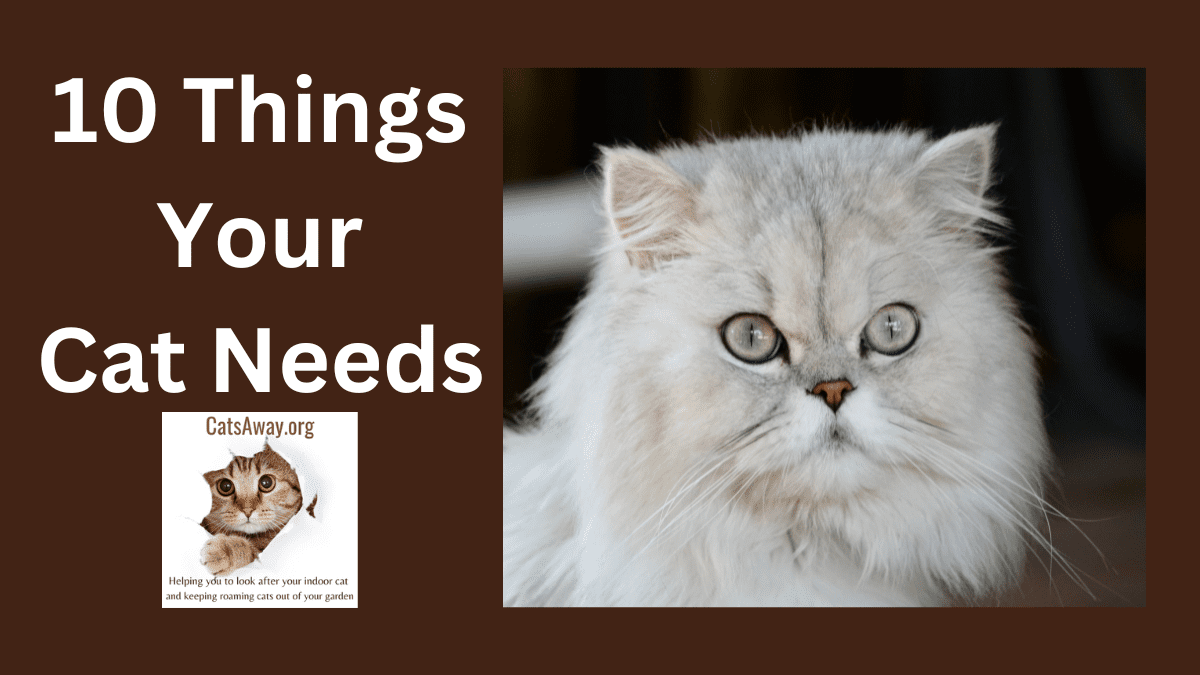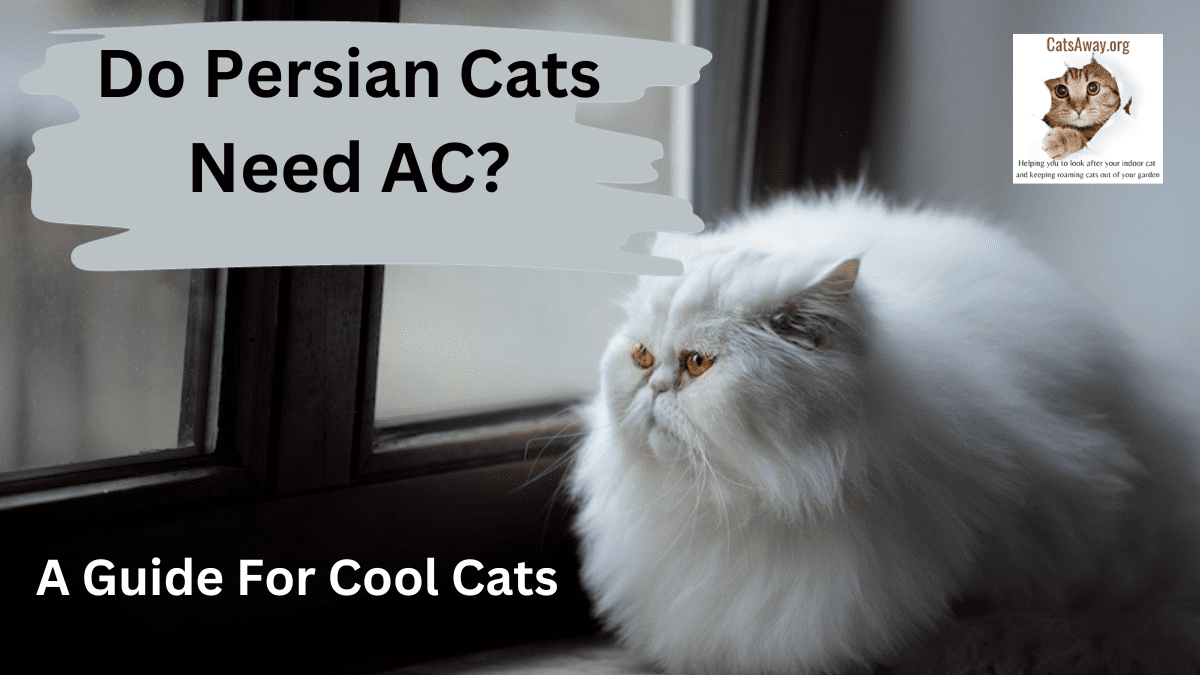The life expectancy of a cat depends largely on its lifestyle but indoor cats typically live much longer than outdoor cats.
Here, I’ll be discussing the average lifespan of indoor and outdoor cats, as well as common causes of death for both types.
I’ll also provide tips for maximizing your own pet’s life cycle so they can enjoy their lives to the fullest! Read on to learn more about how you can ensure your beloved feline companion has a long and happy life – starting with understanding what kind of lifespan is realistic when it comes to the life expectancy for indoor cats.
Average Lifespan of an Indoor Cat
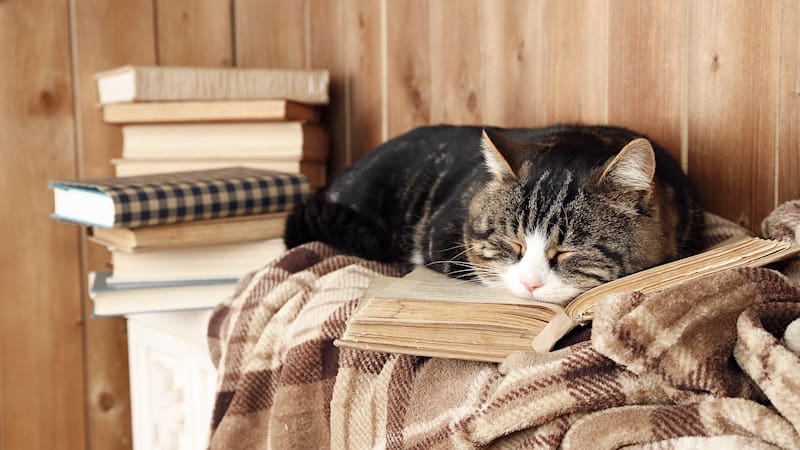
Factors that Affect Lifespan:
The average lifespan of an indoor only cat is generally much longer than that of a cat that is allowed to roam freely as they are not exposed to the same dangers and risks associated with being outdoors.
Some factors that can affect a cat’s lifespan include diet, exercise, genetics, and overall health. Cats who eat a balanced healthy diet and get plenty of exercise tend to live longer than those who do not have these things in their lives.
Genetics also plays a role in how long cats live; some purebred cats are known for having shorter lifespans than others due to genetic predispositions or inherited diseases. Lastly, overall health plays a major role in determining how long your indoor cat will live; cats who receive regular veterinary care and vaccinations tend to be healthier overall which can help them live longer lives.
Average Lifespan of Indoor Cats:
The average lifespan for an indoor cat is between 12-15 years old; however this number can vary depending on breed and other factors such as lifestyle choices made by the owner (diet/exercise).
For example, Siamese cats typically have shorter lifespans compared to other breeds while Maine Coon cats often have much longer lifespans due to their size and robustness – up to 20 years.
The oldest housecat according to the Guinness book of Records, called Creme Puff, lived to the ripe old age of 38.
Health Benefits of Keeping A Cat Indoors:
Indoor cats live longer and healthier lives than outdoor cats. Knowing the factors that affect their lifespan can help ensure your cat lives a long and happy life. When I talk about an indoor cat I don’t mean that it should never leave your home, I mean he isn’t free to roam where he pleases.
Most stay at home cat owners have a catio or large cat enclosure where their pet can get plenty of fresh air and exercise without the health risks involved with crossing roads, catching and eating poisoned vermin etc.
Recap: Keeping your cat indoors can have many health benefits for your pet, such as: –
Longer lifespan compared to outdoor cats
Reduced risk of diseases and infections
Lower chance of being injured or killed by predators
Overall, providing a safe and healthy environment indoors is the best way to ensure your cat has a long and happy life.
Now let’s look at how an outdoor cat’s lifespan may be affected by its environment….
Average Lifespan of an Outdoor Cat
When it comes to the lifespan of an outdoor cat, there are several factors that can affect how long they live. These include their access to food and water, exposure to predators or dangerous environments, and any medical conditions they may have.
Factors That Affect Lifespan
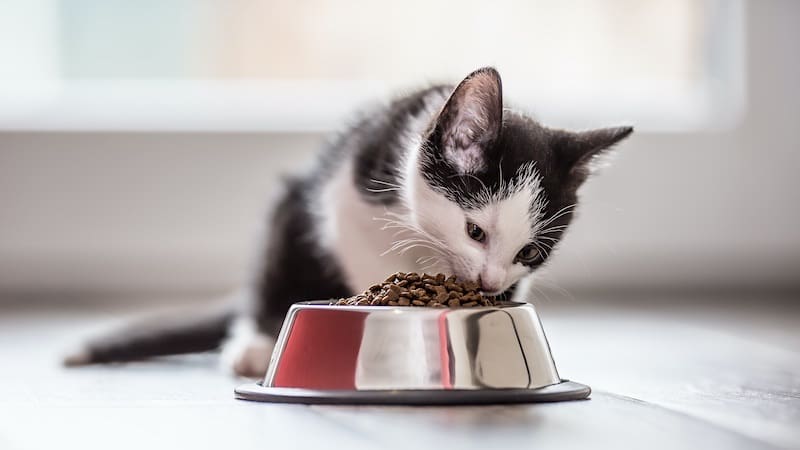
The quality of food and water available for a cat will play a large role in determining its lifespan. Cats need a balanced diet with plenty of protein, fat, vitamins, minerals, and other nutrients in order to stay healthy.
If cats don’t get enough nutrition from their food sources or if the food they are finding on their travels is contaminated with bacteria or parasites then this could lead to health problems which could shorten their life expectancy. Additionally, cats should always have access to clean drinking water as dehydration can be fatal for them.
Cats that roam outdoors also face many dangers such as being attacked by wild animals like coyotes or raccoons, getting hit by road traffic, contracting diseases like feline leukemia virus (FeLV) or rabies, ingesting poisons, eating poisoned mice and rats, being exposed to extreme temperatures and getting into fights with other cats over territory.
All these things can significantly reduce an outdoor cat’s life so it is important for owners who let their cats roam outside to take extra precautions when doing so.
Average Life Expectancy Of Outdoor Cats
Indoor-outdoor cats tend to live shorter lives than those kept exclusively within the confines of their home and garden due mainly because of the increased risks associated with roaming freely outdoors such as those mentioned above.
The average age range for the life of an outdoor cat is between 2 and 5 years old whereas indoor only cats typically live to around 12-15 years old on average depending on breed and lifestyle factors such as diet and exercise routine etc.
Recap: It is important for owners who let their cats roam outside to take extra precautions as outdoor cats face many dangers that can significantly reduce the length of their life. On average, indoor-outdoor cats tend to live shorter lives than those kept exclusively indoors with an age range of 2-5 years old compared to 12-15 years old for indoor only cats.
Common Causes of Death in Cats
Diseases and Illnesses in Cats: Diseases and illnesses are one of the most common causes of death in cats. Feline leukemia virus (FeLV) is a contagious virus that weakens the immune system, making cats more susceptible to other diseases.
Feline immunodeficiency virus (FIV) is another viral infection that can cause serious health problems for cats. Other common illnesses include upper respiratory infections, dental disease, diabetes, kidney failure, cancer, heart disease and intestinal parasites.
Accidents and Injuries in Cats: Accidents or injuries can also be fatal for cats if not treated quickly enough. Common accidents include being hit by cars or falling from heights such as balconies or windowsills. If your cat has been injured it’s important to seek veterinary care immediately to ensure their best chance at recovery.
Natural causes of death are often associated with old age, but can affect younger cats too due to genetic predispositions or environmental factors such as poor nutrition or lack of exercise. Conditions like arthritis, organ failure, senility and cognitive decline can all contribute to a shorter lifespan for some cats while others may live long healthy lives into their senior years without any major health issues.
Tips for Maximizing Your Cat’s Life Expectancy
Diet and Nutrition: Proper nutrition is essential to a cat’s health, especially as they age. Feeding your cat a balanced diet of high-quality wet and dry food will ensure that they get the vitamins, minerals, proteins, fats, carbohydrates and water they need to stay healthy.
You should also consider supplementing their diet with omega-3 fatty acids which can help reduce inflammation associated with aging.
Exercise and Activity: Exercise is important for cats of all ages but it becomes even more important as cats age. Regular exercise helps keep muscles strong and joints flexible which can help prevent arthritis or other joint problems from developing later on in life.
Make sure you provide plenty of toys to keep your cat active throughout the day such as scratching posts, interactive toys or laser pointers so that they have something fun to do while getting some much needed physical activity.
Regular visits to the vet are essential when it comes to keeping your cat healthy into old age and even indoor cats should still get their shots. Your vet can check for any signs of illness or disease early on before it becomes serious enough to cause long term damage or even death.
They can also give advice on how best to care for an aging pet including dietary changes if necessary as well as recommending supplements that may be beneficial depending on your cat’s individual needs.
FAQ
What age is a cat considered old?
At the age of around 11 or 12 your kitty is considered a senior cat. This varies depending on breed and lifestyle, but generally cats start to show signs of aging around this time. Common signs include weight loss, changes in coat texture, decreased activity levels, and an overall decrease in vitality.
It’s important to keep up with regular veterinary check-ups for older cats as they are more prone to health issues such as arthritis and kidney disease.
Can a house cat live 20 years?
Yes, it is possible for a house cat to live up to 20 years. However, this depends on many factors such as the breed of the cat, its overall health and lifestyle, and whether or not it has access to proper nutrition and veterinary care.
Living a healthy life by maintaining a healthy weight can help your feline friend stay active and extend his lifespan. Regular vet visits are also important in order to identify any potential health issues early on. With these measures in place, a house cat may be able to enjoy a long life of up to two decades or more.
How long do indoor-outdoor cats live?
A cat living indoors can expect to live for well over a decade whilst one that is allowed to roam free will do well to reach his 5th birthday. Clearly then, an indoor cat is a safe cat.
What percentage of cats live to 20?
Once a cat reaches 15 years old he is considered to be geriatric but it’s not uncommon for some breeds to reach their early twenties. The Persian cat lifespan for instance averages 15 to 20 years.
Conclusion
It is clear that an indoor only cat lives much longer than one that is allowed to roam freely. They have fewer risks and dangers to a health life, which allows them to live longer lives on average.
While there are no guarantees when it comes to how long indoor cats live, taking proper care of your pet and providing them with a safe environment will help maximize their lifespan.



